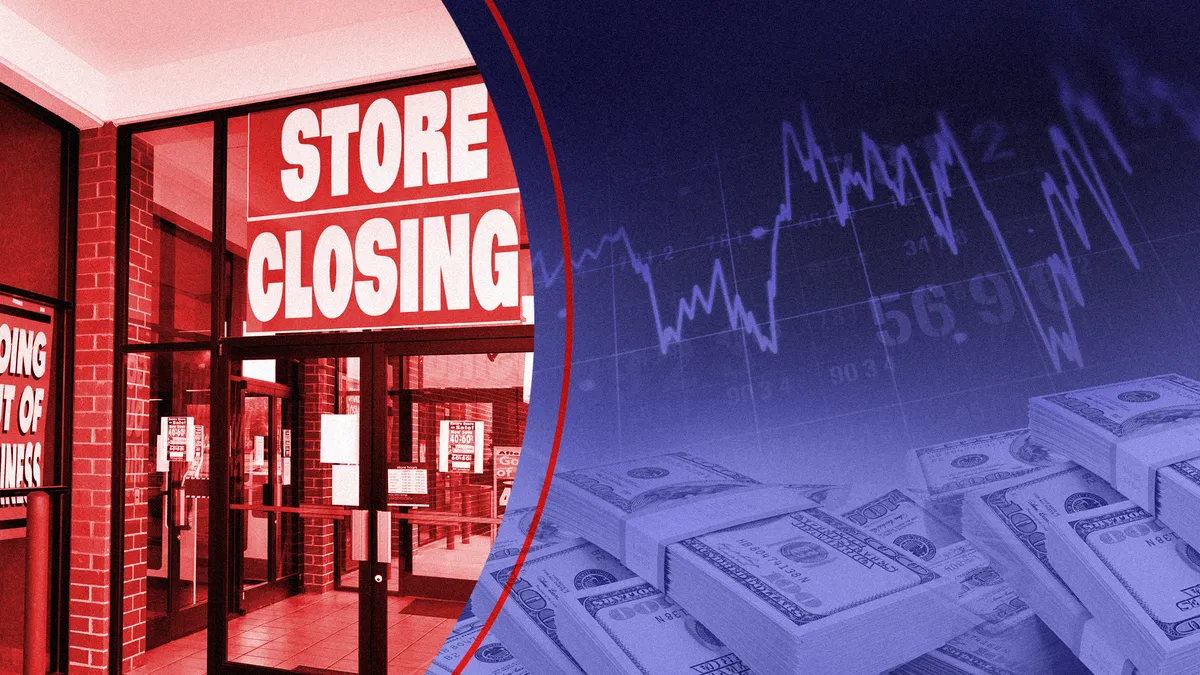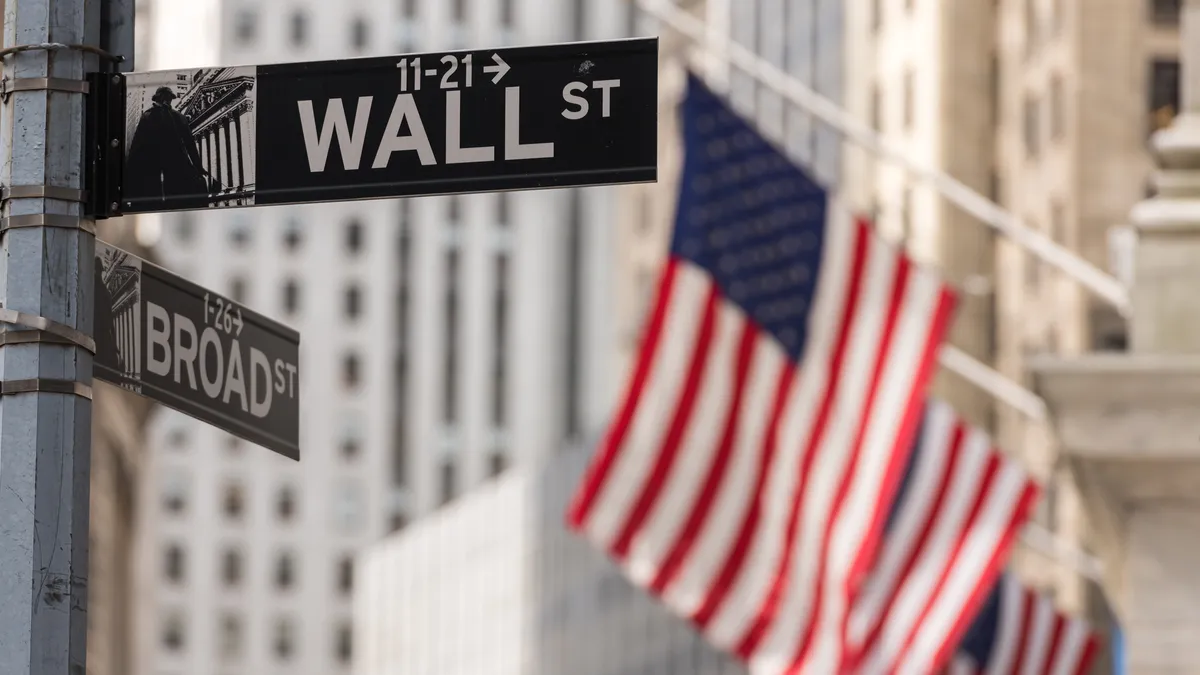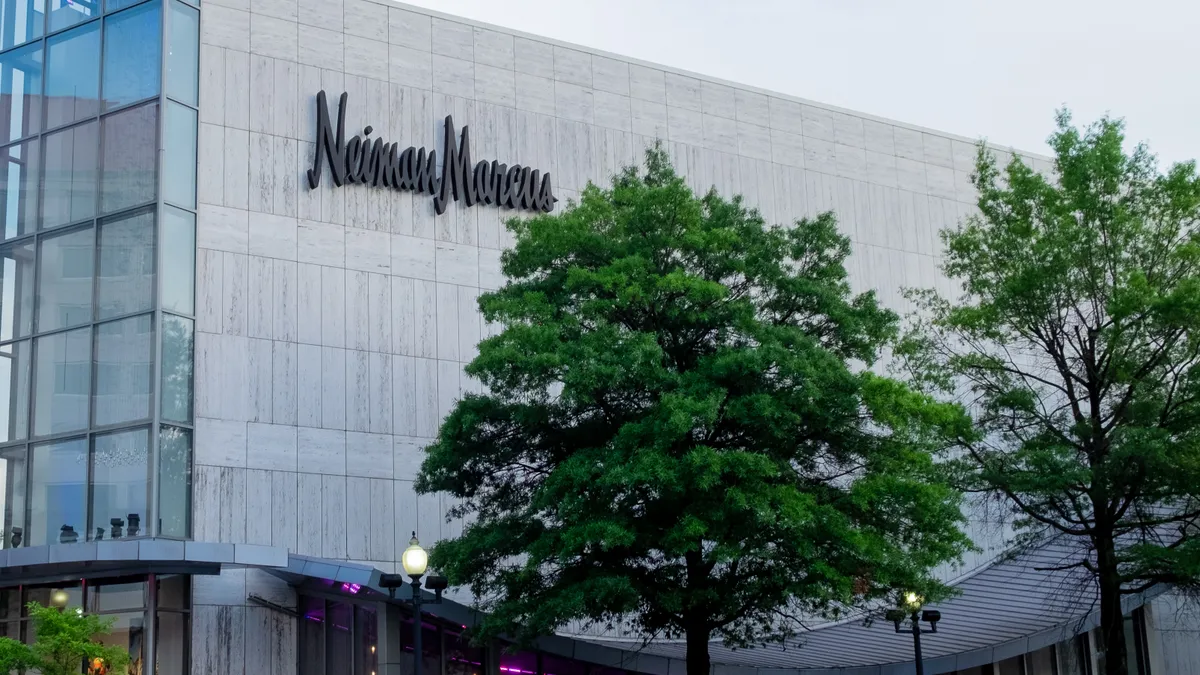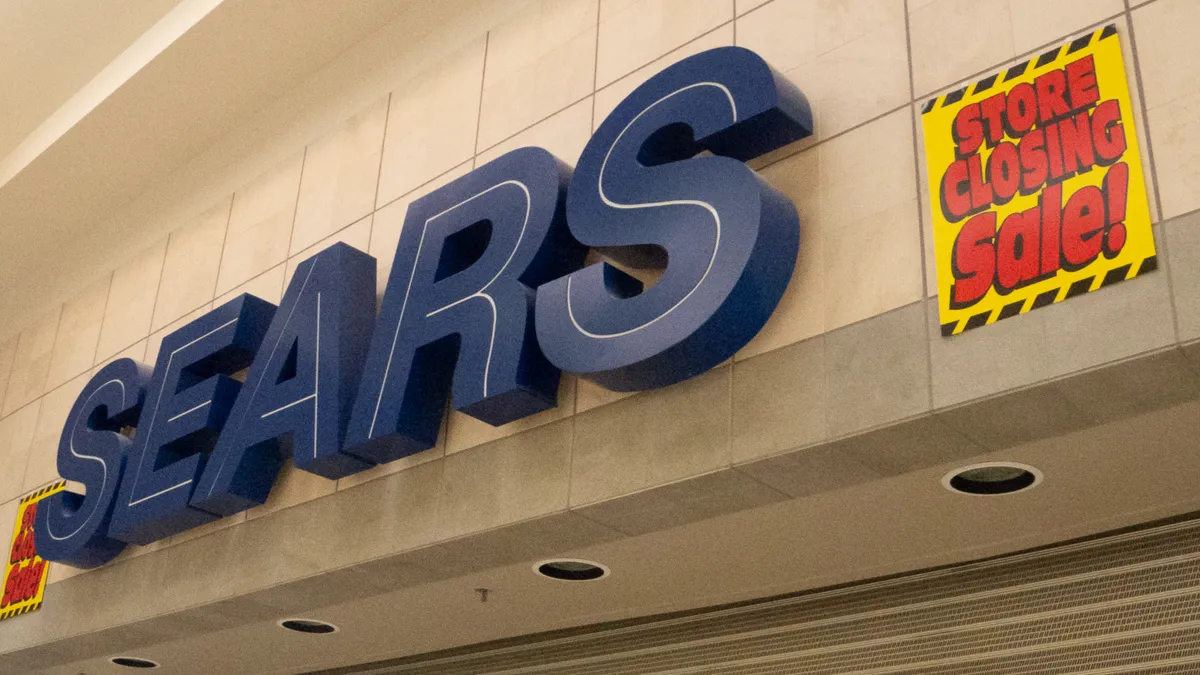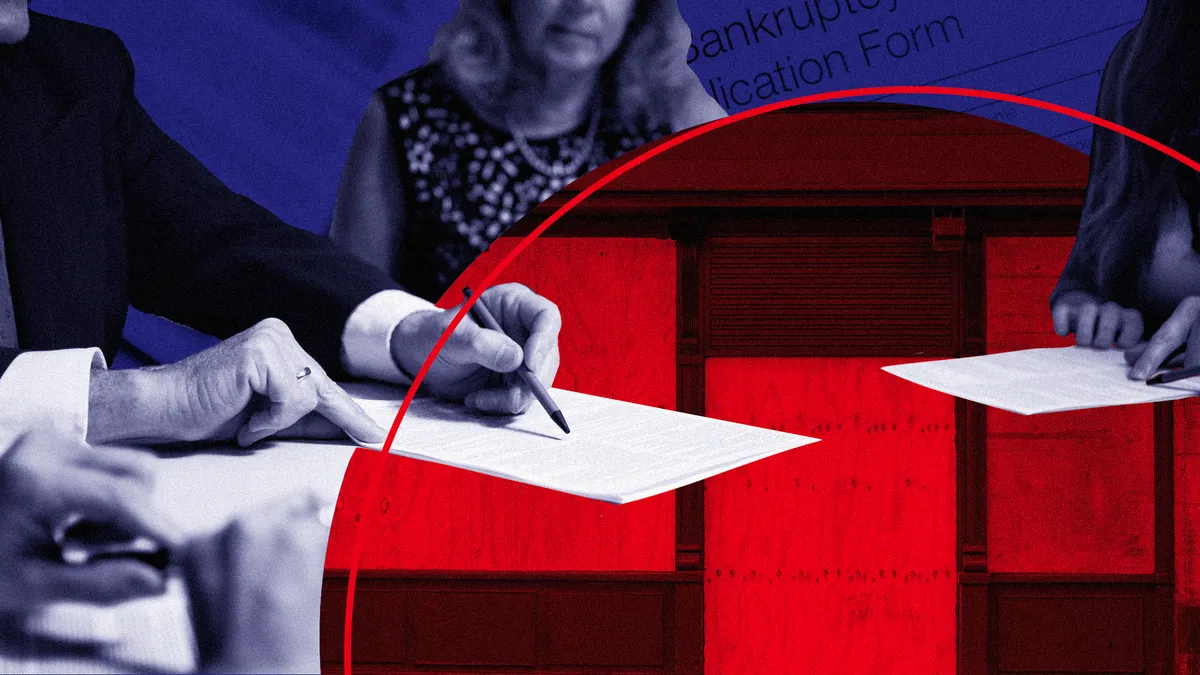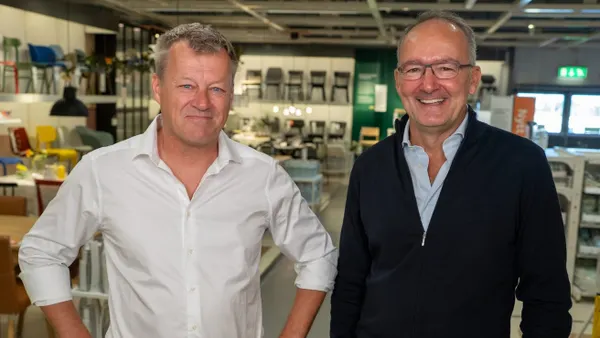In early 2020, Retail Dive launched what was supposed to be an extended series of stories that looked at how financial interests and players had shaped the industry as well as the fates of individual companies.
We published the first in the series last January, a story about asset-based loans. ABL lenders have long supported day-to-day operations in retail and determined the ultimate fates of those companies in distress and bankruptcy. As the story was published, money was pouring into asset-based loans, long a safe investment for lenders.
That was also the last story we formally published in the series. In March 2020, as everyone knows all too well, the world changed suddenly and dramatically. With retailers temporarily closing their entire chains, and the industry grappling with how to operate in or even just survive the pandemic, we shelved the "money in retail" series to focus on the ramifications of COVID-19.
But the topic of the industry's financialization is no less relevant in the pandemic era. Years of decision-making by those who controlled the financial levers at retail companies had left many players especially vulnerable to the business pressures from the COVID-19 crisis. And finance topics like ABLs also became as important as ever during those turbulent early months of the pandemic.
Although we scrapped the formal series, we continued to publish stories about leveraged buyouts, stock buybacks, borrowing and other financial topics. Being an industry news outlet, we've looked especially closely at how these things impact operations, as well as the overall retail ecosystem.
Hanging over it all is an existential question for industry leaders: Is a retail company a cash machine for the owners of financial interests, or is it something bigger, more dynamic and more enduring built for all stakeholders?



